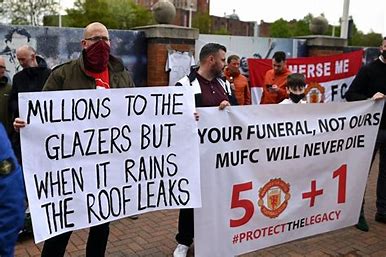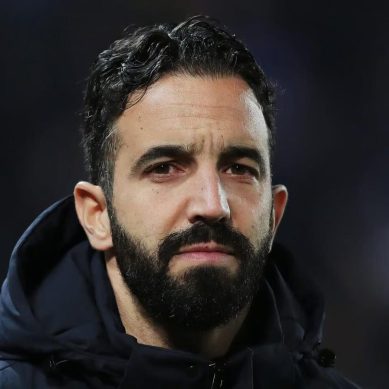
Gordon Brown has an office on the top floor of his home. It is a beautiful room with sweeping views of rugged countryside and the Firth of Forth. Only two frames hang on its walls.
Neither holds a photo of the ex-Prime Minister with former US president Barack Obama. Nor do they contain pictures of him hosting the G20 summit or standing at a lectern in Downing Street.
One frame holds a rugby jersey in yellow and navy hoops, the jersey he wore as a teenager when he played for Kirkcaldy High School in the Sixties.
“I will never forget the first try I scored for the school first XV,” he said some years ago. “I can still remember kicking that ball ahead in terrible weather and scoring the try that won the match. You never forget those moments.”
The other displays a photo of Jim Baxter, the brilliant Scotland midfielder who began his career with Brown’s home-town team, Raith Rovers, in the late 1950s and remains the greatest player the former Labour leader has ever seen north of the border.
Some politicians attach themselves to sport, and particularly football, in an attempt to make themselves more electable. It is an easy nod to populism and a tactic that often comes unstuck at the first hint of gentle inquiry. Brown is not like that. He has never been like that.
We have grown cynical about politicians’ motives for supporting pretty much anything but Brown’s sporting credentials are beyond cynicism.
He sold programmes outside Stark’s Park in Kirkcaldy when he was a boy because he could not afford the admission fee to watch his beloved Raith Rovers and it allowed him to get in to the stadium — after kick-off but for free.
He has supported them his whole life. He has a passion for sport so fierce it sometimes takes others by surprise. In a world of smoke and mirrors, Brown still stands as someone unusual because he is genuine.
It is not a surprise that he has been a long-standing and prominent supporter of the idea that English football should be overseen by an independent regulator to protect it from the avaricious intentions of leading Premier League club owners like the Glazer family, at Manchester United, and Fenway Sports Group, at Liverpool, who led plans for a breakaway European Super League in April 2021 that would have destroyed the fabric of our game.
The public anger inflamed by those plans prompted the government to commission a report into the state of the game.
Former Sports Minister and Conservative MP Tracey Crouch chaired the review, which concluded that football needed a regulator. The idea appeared to be destined for the long grass when Liz Truss took over as Prime Minister but her swift demise breathed new life into it and it is now thought it has been approved by Rishi Sunak.
There are hopes the government will present its White Paper on the issue, the first step to enshrining an independent regulator for English football in law, in the weeks ahead and if the legislation is passed in the next 12 months, it will establish 2023 as a landmark year in the history of the game.
It will mark a revolution, a shift in power away from billionaire owners towards the fans and perhaps a fairer distribution of TV money between the top flight and the lower leagues. It will represent the biggest change to football in this country since the formation of the Premier League in 1992.
There are some who argue that the collapse of the ESL and recent legal developments that make it less likely it will be resurrected, coupled with the proposed sales of United and Liverpool by the Glazers and FSG respectively, have diminished the need for an independent regulator.
The Premier League, in particular, is still desperate to quash the plan. Brown, though, is adamant the game needs the regulator more than ever.
“Some people say there’s less need for a regulator now that the Glazers and FSG are selling up,” says Brown, “but it’s the other way around.
Both those clubs are likely to be bought by other owners from abroad and the more that foreign ownership becomes the biggest feature of the most successful league in the world, the more careful we have to be about how things are managed.
“Fans feel that with the attempted Super League breakaway, things almost went outside their control. We have to get a regulator to formalise the idea of a Golden Share for supporters to protect their club’s name and heritage and to introduce better financial checks and balances.
“Otherwise, the game will move further away from its original purpose of being part of a network of people at the grassroots supporting football and instead become a money-making exercise for a few billionaires.
The key thing with the regulator is that it must happen in 2023, not wait for ages until things get worse. I have seen it written that it is going to happen in 2023 but we have to be vigilant and make sure it does happen because there are vested interests who do not want it to happen.
“The regulator should be publishing regular reports about the state of football and why money is not cascading down in to the rest of the game.
“The regulator would have an influence over the kind of people that would be welcomed into football. Premier League clubs might become less attractive to predatory owners if they know they have to make more payments to the pyramid. The regulator has to represent the supporters. Someone has to stand up for the supporters.”
- A Daily Mail report











